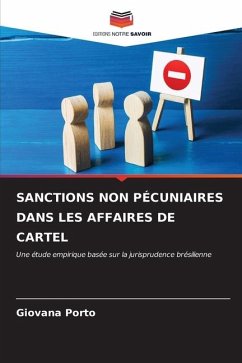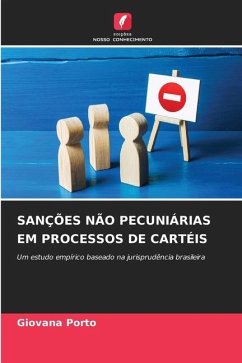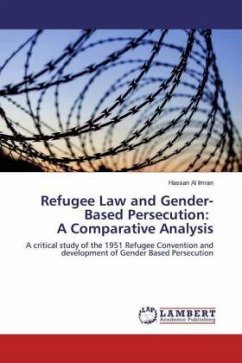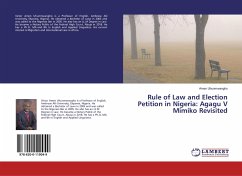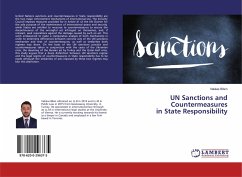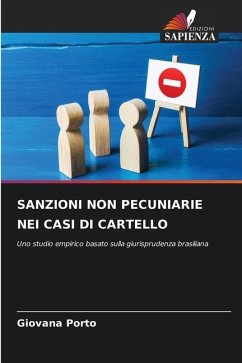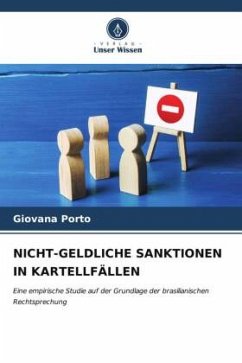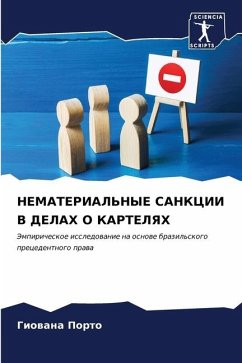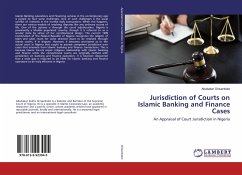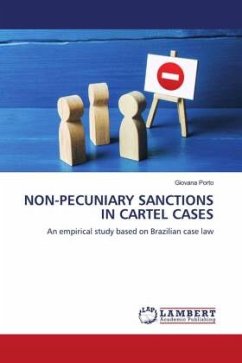
NON-PECUNIARY SANCTIONS IN CARTEL CASES
An empirical study based on Brazilian case law
Versandkostenfrei!
Versandfertig in 6-10 Tagen
56,99 €
inkl. MwSt.

PAYBACK Punkte
28 °P sammeln!
This study aims to identify the state of play regarding non-pecuniary sanctions in cartel convictions by the Administrative Council for Economic Defense ("CADE") in the period between 1999, when the first cartel conviction by CADE occurred, and 2022. The hypothesis to be tested is that although CADE has had legal powers to impose non-pecuniary sanctions for over 20 years, it has not yet defined clear and objective criteria for the imposition of each type of sanction, which can lead to legal uncertainty. Therefore, this study contributes to current discussions, both in Brazil and abroad, regard...
This study aims to identify the state of play regarding non-pecuniary sanctions in cartel convictions by the Administrative Council for Economic Defense ("CADE") in the period between 1999, when the first cartel conviction by CADE occurred, and 2022. The hypothesis to be tested is that although CADE has had legal powers to impose non-pecuniary sanctions for over 20 years, it has not yet defined clear and objective criteria for the imposition of each type of sanction, which can lead to legal uncertainty. Therefore, this study contributes to current discussions, both in Brazil and abroad, regarding the objectives of competition sanctions and ways in which to enhance enforcement against cartels. In order to identify the state of play and the criteria applied by CADE in the adoption of each type of non-pecuniary sanction, an analysis was conducted of each conviction from the perspective of to whom each sanction was applied to (companies, individuals, or associations). Based on the research results, recommendations and an analysis of prospects were made regarding non-pecuniary sanctions in Brazil, considering international experience as well.



